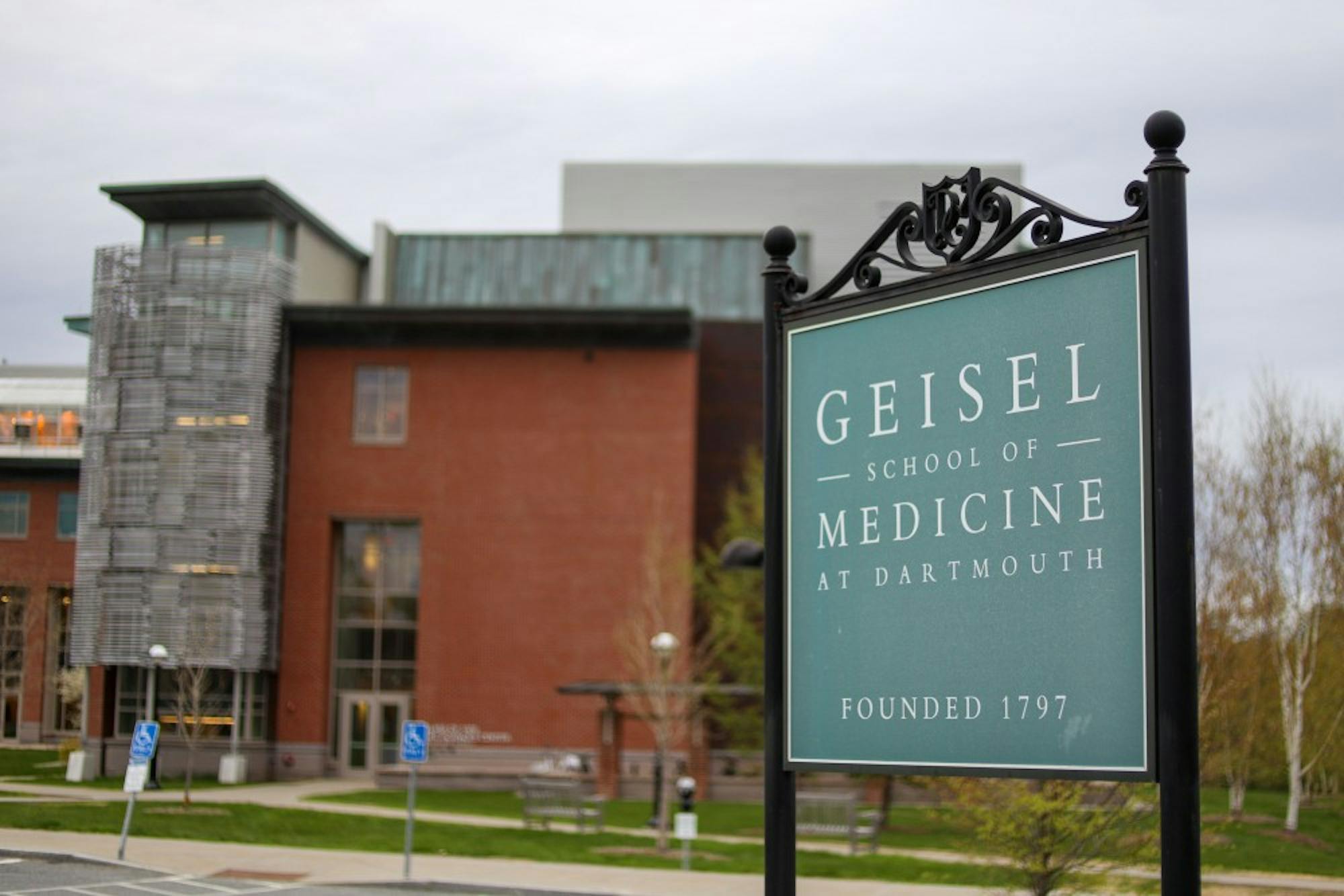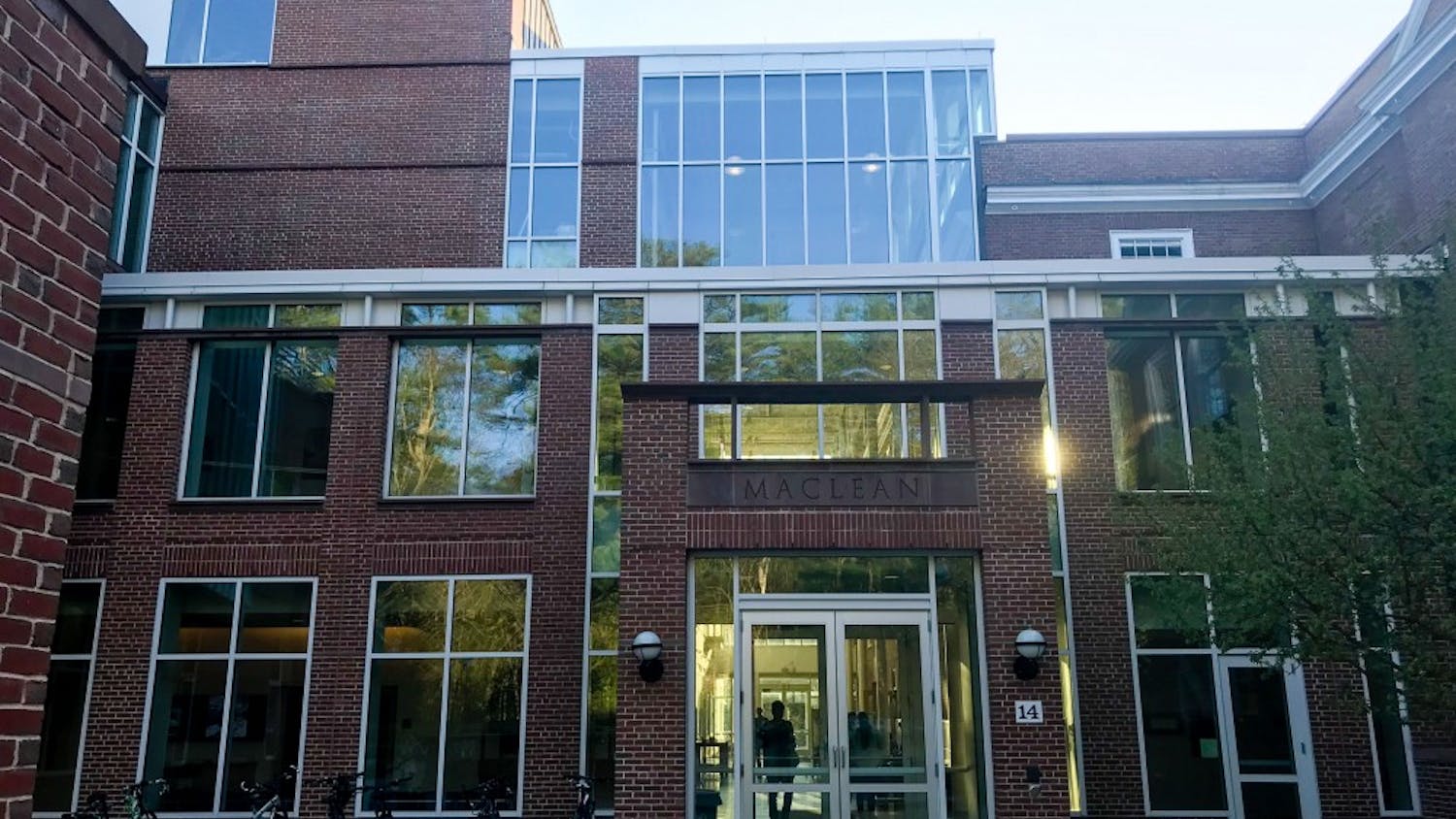The John Sloan Dickey Center for International Understanding and the Geisel School of Medicine recently received a $7 million gift from a combination of four anonymous families. This donation, part of the College’s ongoing Call to Lead capital campaign, will support faculty development and expand student global health equity programs domestically and internationally in partner areas such as Tanzania and Kosovo. These donations will be used to increase the number of undergraduate students and partners involved in off-campus learning experiences, the Global Health Policy Lab and internships, according to Geisel dean Duane Compton.
Compton said the donation will provide support for the school’s Center for Global Health Equity.
“This is intended to build on what we’ve already got within the existing Center for Global Health Equity here at Geisel and specifically to build on that in a way that provides opportunities for global health experiences mostly for undergraduate students,” Compton said. “It’s really creating a more ‘One Dartmouth’ view of those programs.”
“One Dartmouth” is a goal devised between Geisel and the Dickey Center to further strengthen the links between programs that involve both institutions in order to achieve better coordination and alignment, Compton said.
According to Geisel associate dean for global health Lisa Adams, working together can help centralize projects, partnerships and ways of preparing students before their overseas travels to participate in internships and other programs. This would help everyone involved with the Center for Global Health Equity, including the College’s faculty, overseas partners, staff and students, Adams added.
“It makes perfect sense for a small-enough institution,” Adams said. “There’s no need to for us to be in a fragmented way. We have aligned missions, so I think that this opportunity presents a chance for us to really all get together and achieve [the missions].”
According to Dickey Center associate director Melody Brown Burkins, the Center for Global Health Equity has seen an increasing interest in global health in past years. For example, she said, while the Global Health Fellowship Program initially started off with a small number of fellows, the size of the program grew to 80 fellows within a year. She added that the new donation would help the program keep up with the rising demand from students.
Global health equity programs at the College emphasize the ways that healthcare systems and delivery are different in other countries compared to the United States, which offers students a better understanding at how societies around the world treat their populations, Compton said. Many students have become involved with programs dealing with the direct access, actions and impact of healthcare at different locations around the world, an example being opening the first pediatric HIV clinic in Tanzania, according to Compton and Adams.
“What I would love to see is students, regardless of what they’re studying at Dartmouth, understand the important roles that health plays in everyone’s lives and how health equity is connected to so many other points,” Adams said. “There’s just so many ways health is impacted by all these social determinants. At a minimum, [I want to] have an understanding for that for all our students.”



